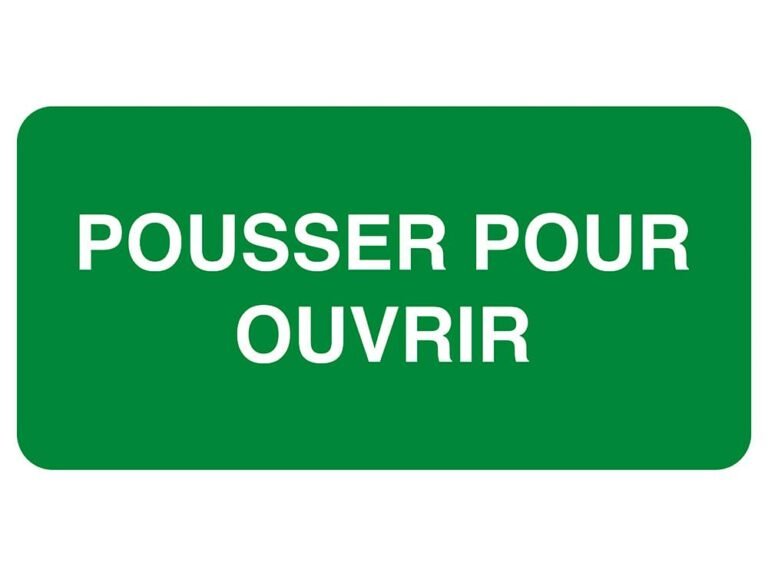Auxiliary verbs
French auxiliary verbs, also known as helper verbs, are used alongside main verbs to express tense, mood, or voice. Some of the most common auxiliary verbs in French include aller, vouloir, devoir, savoir, and pouvoir. These verbs modify the meaning of the main verb and are essential for constructing various grammatical structures.
Aller (To Go)
Aller is primarily used to form the near future tense (futur proche), indicating an action that is about to happen.
- Je vais manger. (I am going to eat.)
- Tu vas partir demain. (You are going to leave tomorrow.)
- Ils vont étudier. (They are going to study.)
Vouloir (To Want)
Vouloir expresses desire or intention. It is often followed by an infinitive verb.
- Je veux voyager. (I want to travel.)
- Elle veut apprendre le français. (She wants to learn French.)
- Nous voulons aider. (We want to help.)
Devoir (Must, To Have To)
Devoir indicates obligation or necessity. It can also express probability in some contexts.
- Tu dois finir ton travail. (You must finish your work.)
- Il doit être malade. (He must be sick.)
- Nous devons partir tôt. (We have to leave early.)
Savoir (To Know)
Savoir refers to knowing facts or how to do something.
- Je sais nager. (I know how to swim.)
- Elle sait la réponse. (She knows the answer.)
- Ils savent parler espagnol. (They know how to speak Spanish.)
Pouvoir (Can, To Be Able To)
Pouvoir expresses ability, permission, or possibility.
- Je peux t’aider. (I can help you.)
- Vous pouvez entrer. (You may enter.)
- Elle peut venir demain. (She might come tomorrow.)
Other Relevant Auxiliary Verbs
Falloir (To Be Necessary)
Falloir is impersonal and used only in the third person singular (il faut).
- Il faut travailler dur. (It is necessary to work hard.)
- Il faut partir maintenant. (We must leave now.)
Avoir (To Have) and Être (To Be)
These two verbs are the primary auxiliaries for forming compound tenses.
- J’ai mangé. (I have eaten.)
- Elle est partie. (She has left.)






